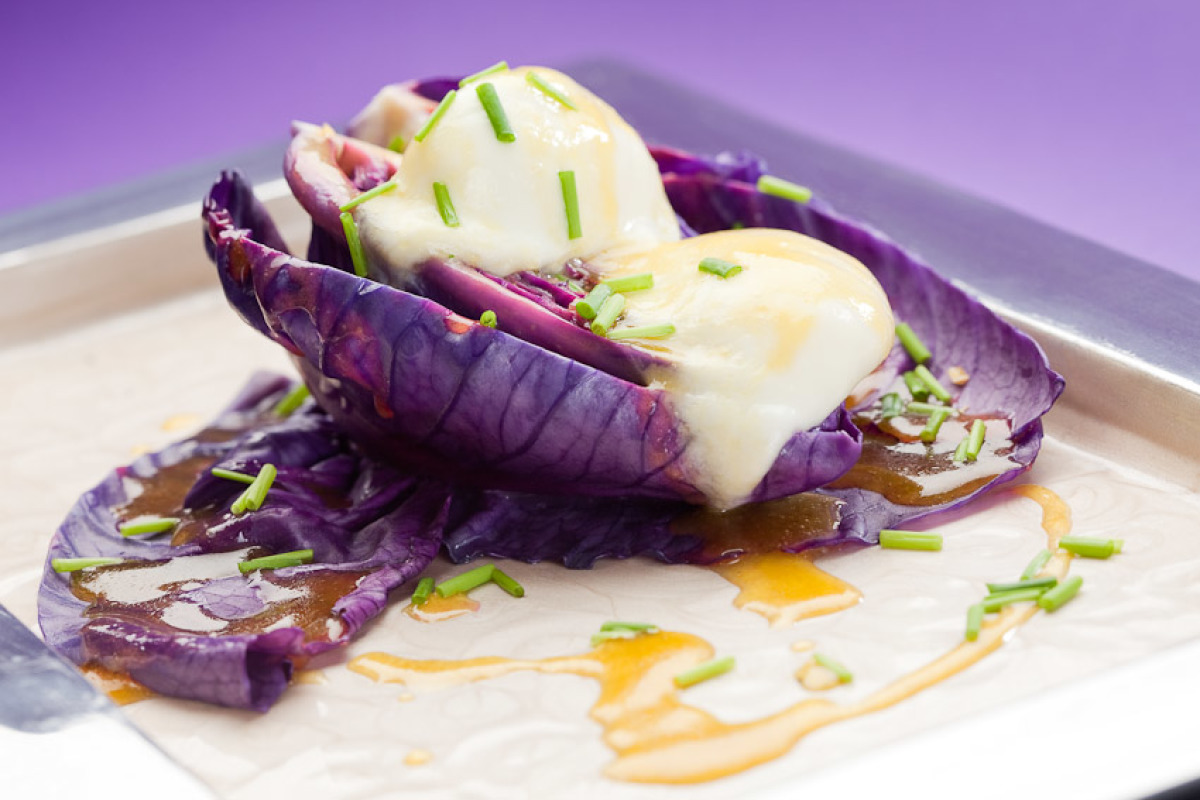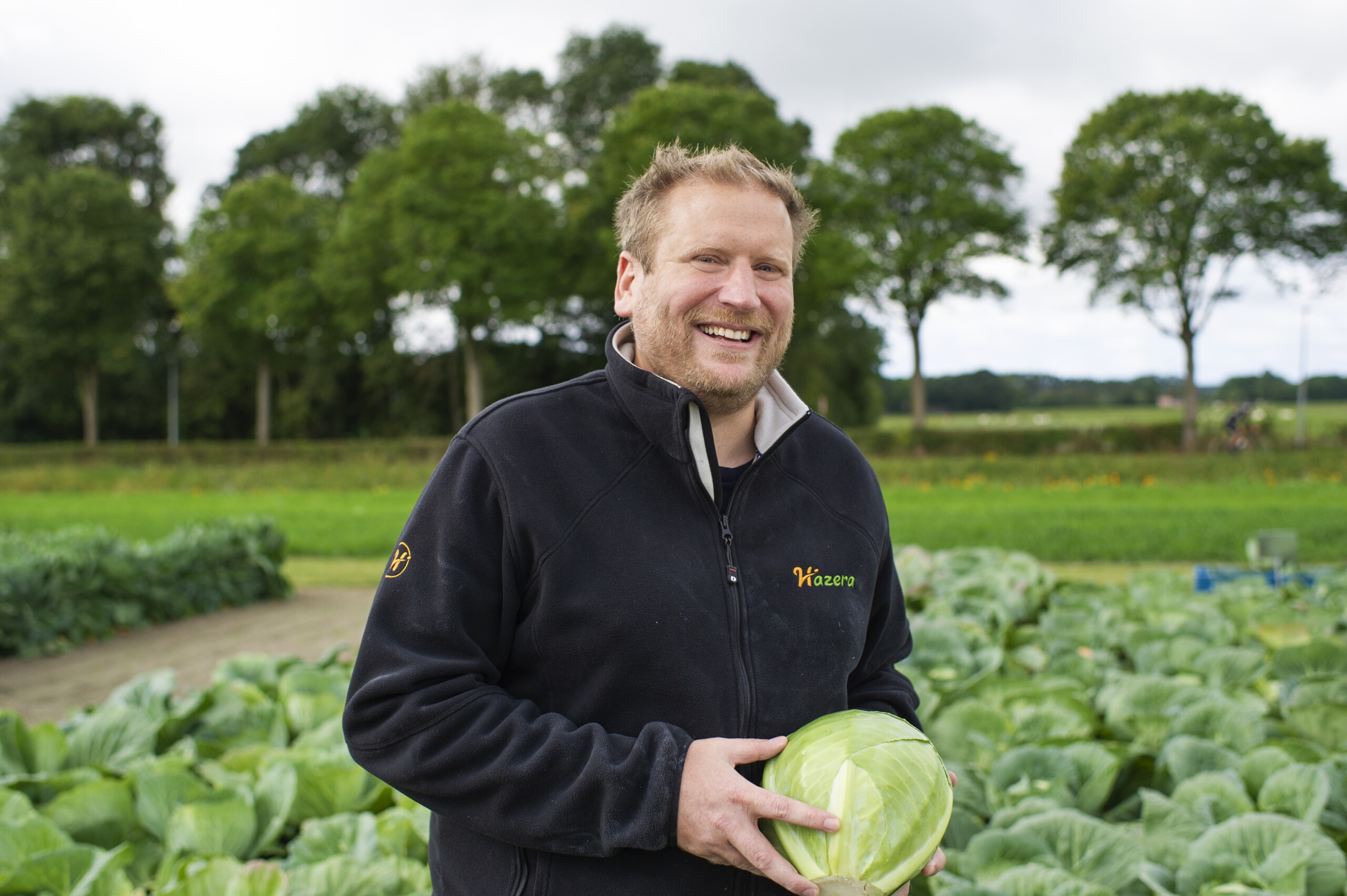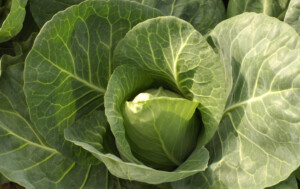From wraps to kimchi
Sauerkraut may be on the decline, but its consumption has been stable for years.
The way we eat sauerkraut is changing: from stew to an oven dish, as a side dish, or in a salad. “A new, young target group has discovered the health benefits of fermented products. That gives cabbage a boost.
Large part of cabbage for industry
The majority of red cabbage goes to the processing industry. They end up cut into vegetable packets or pre-cooked in jars. About 70% of white cabbage goes to processing plants and other processors. This is preferably done as soon as possible after harvest, according to Maarten Danenberg, product manager of Hazera. The remaining 30% of the white cabbage in the Netherlands ends up on the shelf in its entirety. That proportion is higher with pointed cabbage, says Danenberg: “Pointed cabbage is easier to cut in your own kitchen. And we’re seeing more and more recipes with half or a quarter of pointed cabbage, pan-fried or grilled on the barbecue.”

Hazera’s pointed cabbages Regency & Dutchman
Pointed cabbage is one of the head cabbages that is clearly growing in volume, Danenberg observes: “Not spectacular; a few percent per year. But that increase has been going on for about twenty years.” The development is coming from the United Kingdom, especially to the Netherlands and Germany.” Popular varieties at Hazera are Regency and Dutchman (for summer cultivation) and Marshal (storage). We also see growth in our flat cabbage varieties like Callaway & Catelya for Central Europe, the Balkans and Turkey.
Brassica breeding is part of Hazera’s heritage
It originated with development of varieties for Western Europe, but today we are a global player with a wide assortment of purpose specific varieties. Our Research and Breeding teams are closely connected to our global network of subsidiaries and distributors, through whom we are in touch with the latest industry trends and preferred requirements within the various Brassica crops.





